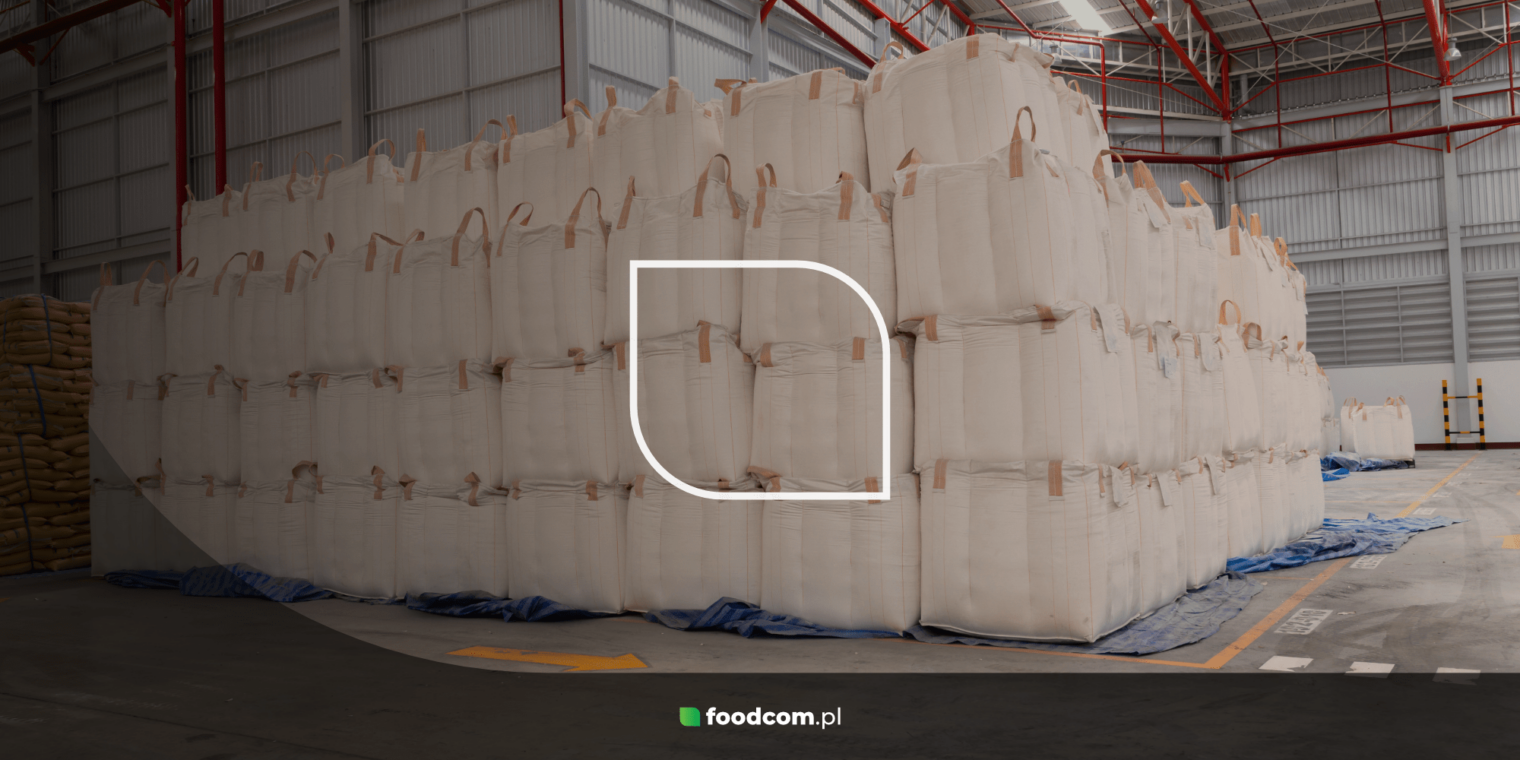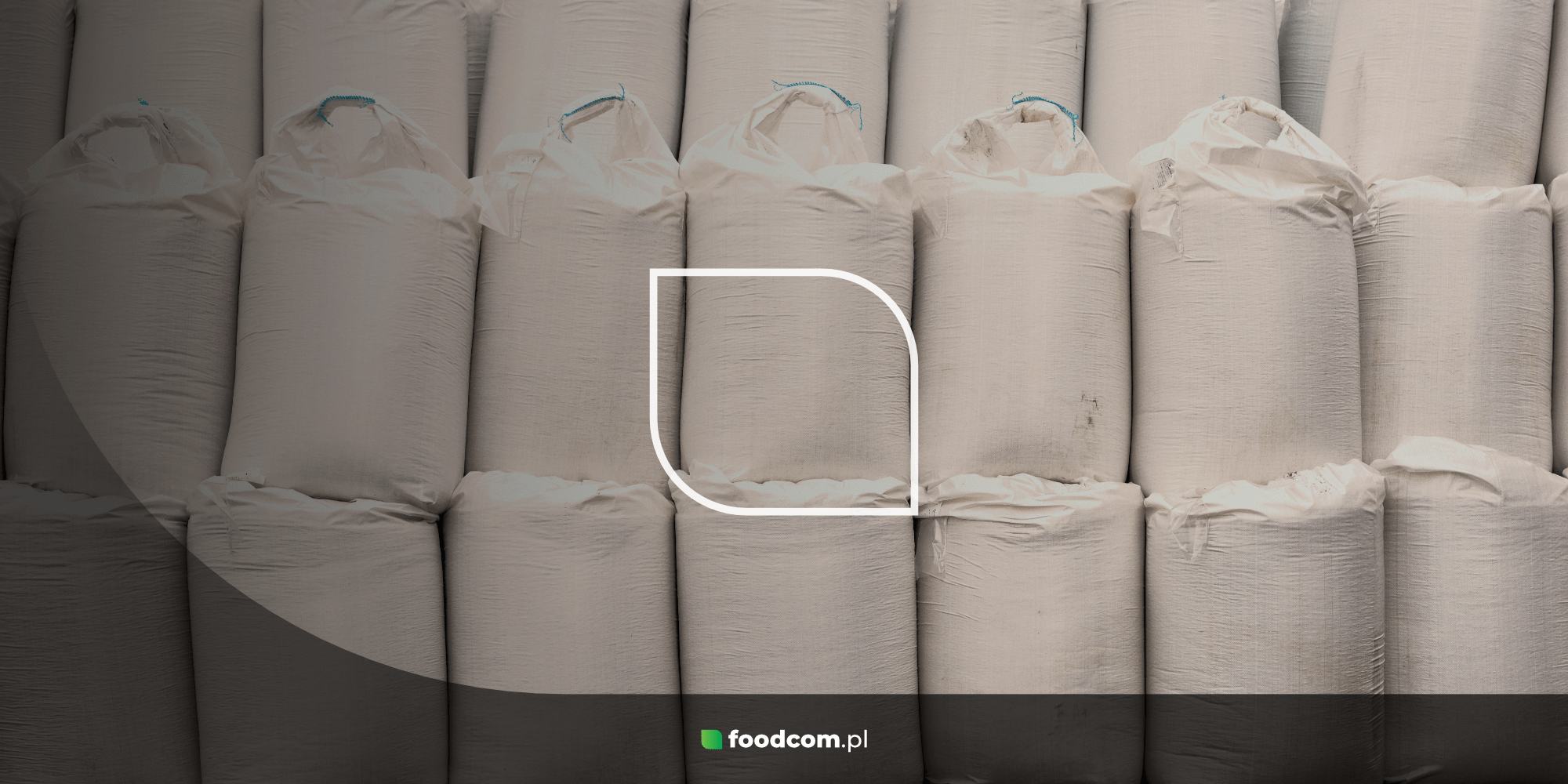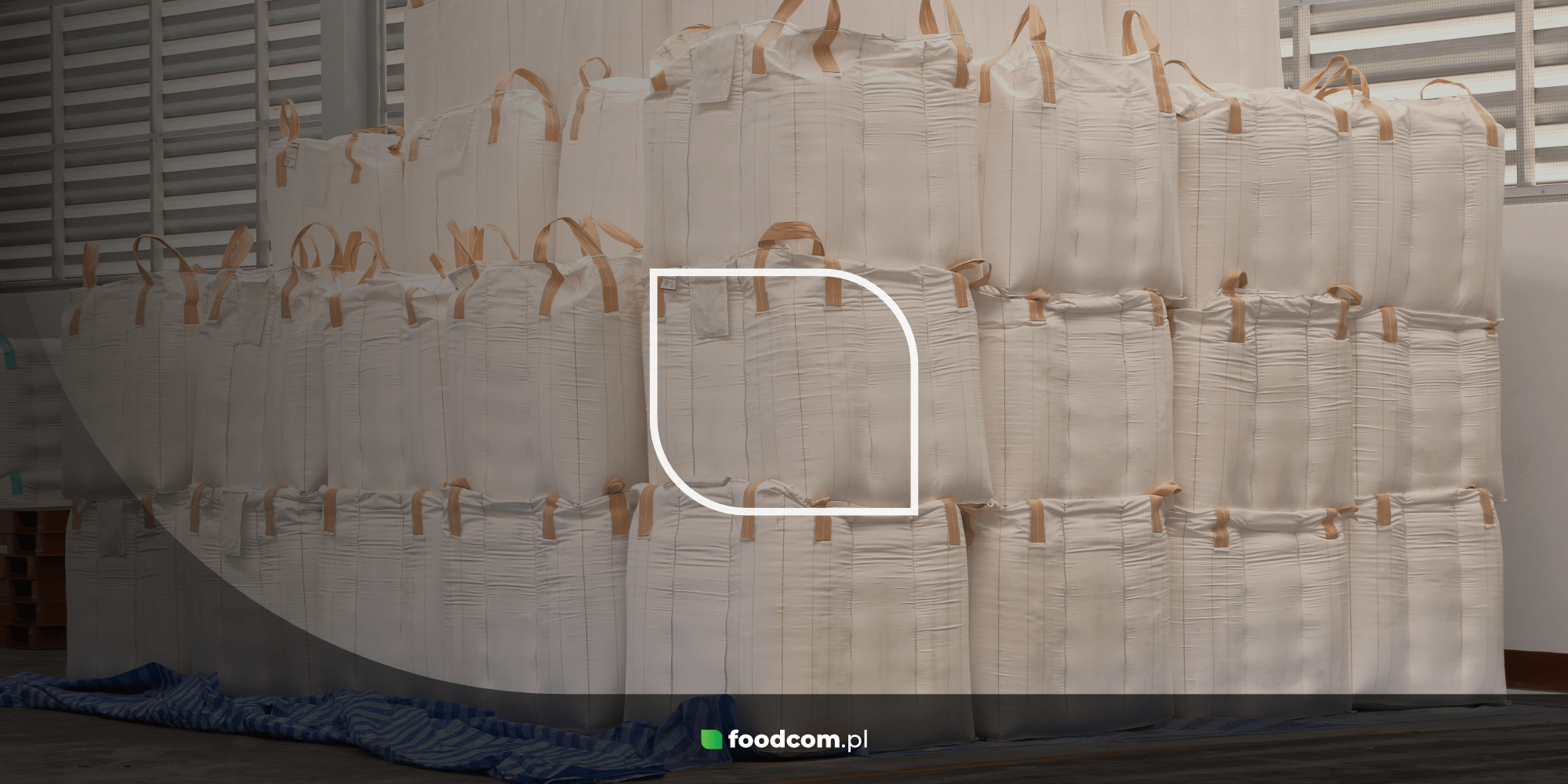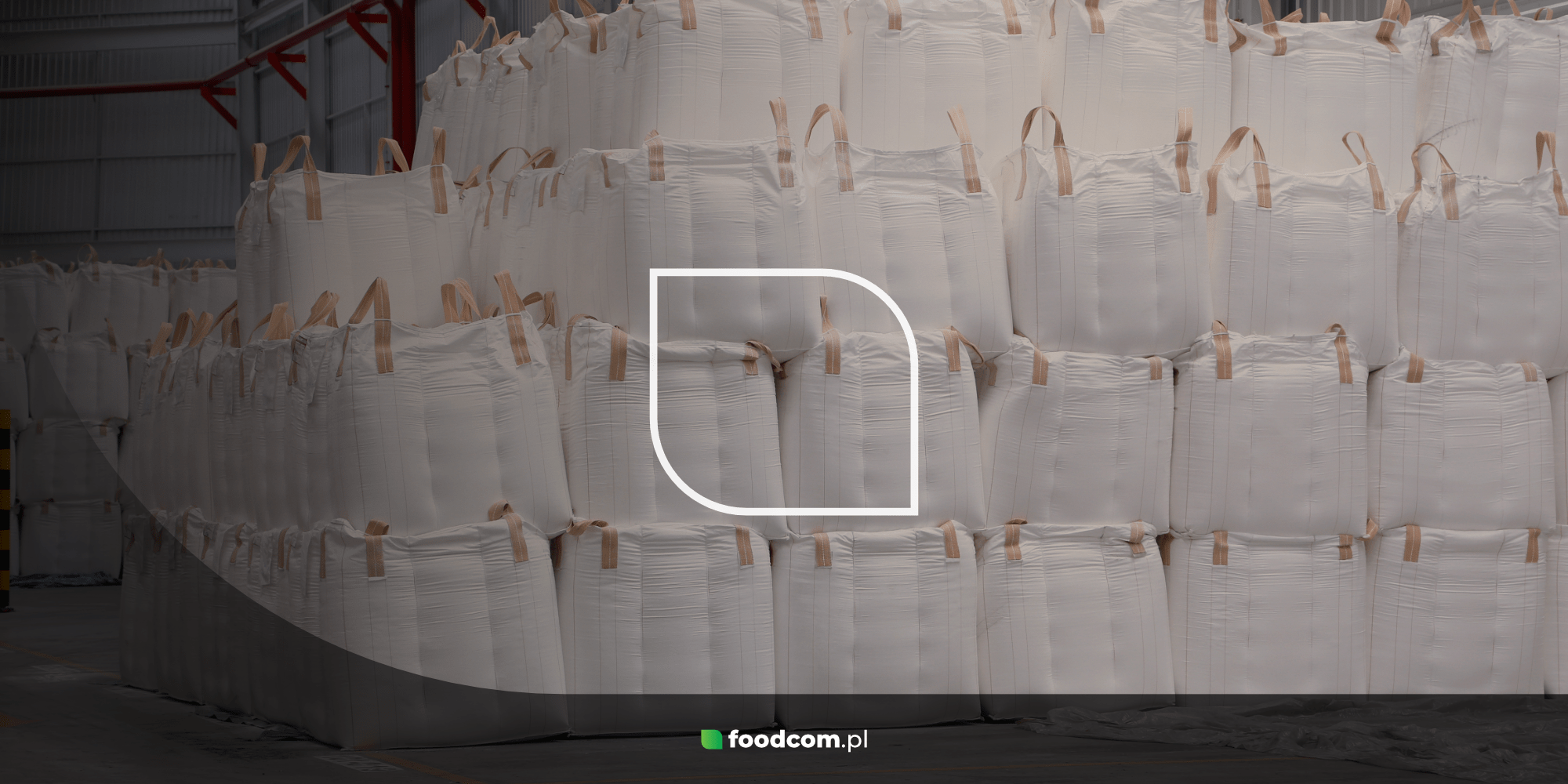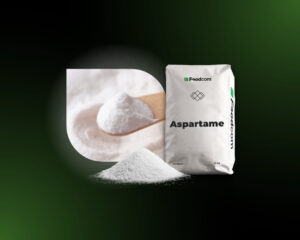- Types of Big Bags – there are, among others, standard bags, bags with a film insert, anti-static bags, bags for food and reusable bags.
- Key properties – large capacity, durability, ease of transport and eco-friendliness.
- Application – widely used in construction, agriculture, food and chemical industries, as well as waste recycling.
- Storage – to remain functional, the bags should be stored in dry and stable conditions.
Big bags, also known as bulky bags. They represent a versatile and practical solution used in various industries, e.g. industry, agriculture and transport, thanks to the storage of various materials, strength and capacity. They are widely used due to their adaptability to meet the special requirements of users and the numerous benefits that they offer in order to facilitate daily work.
Types of big bags
Big bags differ not only in size, but also in construction and purpose. The variety of available models allows their wide application in various fields.
Standard bags
These are the simplest and most commonly used type of Big Bags. They are designed for storing and transporting bulk materials such as cement, sand, aggregates or cereals. Thanks to their robust handles, loading and unloading them is quick and convenient.
Bags with plastic insert
Used for materials that need to be protected from moisture or contamination. The foil insert provides an extra layer of protection, making them ideal for storing food, chemicals or other sensitive substances.
Anti-static bags (ESD)
Specially designed for storing and transporting materials exposed to electrostatic discharges. They are indispensable for flammable substances such as dusts or powders.
Big bags for food
Manufactured from materials that meet strict hygiene standards. They are certified, making them safe for food contact. They are used for storing sugar, flour, salt or powdered milk, among other things.
Reusable bags
Thanks to the use of additional reinforcements, they can be used repeatedly, which reduces costs and waste. They are particularly popular in industries where economy and ecology are key.
Properties of reusable bags
Bulk bags have a number of features that make them an extremely practical solution.
Large capacity
Big Bags allow for the storage and transport of materials weighing from a few hundred kilograms to as much as 2 tonnes. Thanks to their design, they can be used to store both loose materials and larger products. They are particularly useful in sectors where optimum use of storage and logistics space is important. Importantly, their capacity can be customised to meet the specific needs of the customer, enabling efficient management of resources in different industries. The strength and capacity of the bags go hand in hand with time savings when loading and unloading large quantities of material.
Durability
They are made of high-quality polypropylene, which provides resistance to mechanical damage, UV radiation and harsh weather conditions. The material is also resistant to many chemicals, making the Big Bags suitable for use even in demanding industrial environments. It is also worth noting that the appropriate production technology guarantees the structural stability of the bags even under maximum load. The strength of the bags makes them reliable during long-distance transport, minimising the risk of damage to the contents.
Ease of transport
Thanks to special handles, the bags can be easily transported using forklifts, cranes or other lifting equipment. The handles are designed to ensure maximum safety and stability when handling the bags, even when fully loaded. In practice, this significantly speeds up logistics processes while reducing the risk of accidents associated with inadequate handling of heavy loads. What’s more, big bags can be stacked, further saving space in warehouses and transport containers.
Versatility
The ability to customise the size, shape or additional elements, such as film inserts, allows Big Bags to be used in almost any industry. This gives manufacturers the opportunity to create bags that are perfectly adapted to specific materials or storage conditions. For example, the food industry uses bags with special hygiene certificates, while the chemical industry uses bags with anti-static properties. This makes big bags suitable for both extreme conditions and delicate processes that require precise solutions.
Eco-friendliness
The reusable bags and the recyclability of their materials are a major plus from an environmental point of view. An increasing number of companies are turning their attention to eco-friendly solutions and Big Bags respond to this need by minimising production waste. In the case of used polypropylene bags, it is possible to recycle them and turn them into new products, which further fits in with the principles of a closed loop economy. Furthermore, reusing the bags not only reduces operating costs, but also reduces the carbon footprint, which is of great importance in the context of sustainability.
Big bag applications
Big Bags are used in virtually every type of business requiring the storage and handling of large quantities of materials.
Construction industry
Essential for storing and transporting heavy construction materials such as sand, cement, rubble or gravel. It is thanks to their very strong construction that they ensure the safe transport of big bags. In addition, their resistance to moisture and mechanical damage makes them ideal for use on construction sites, where conditions are often difficult and changeable. Big Bags can be easily loaded and emptied using specialised equipment, speeding up logistical work. They also allow materials to be stored seamlessly in one place, minimising clutter and improving site space organisation.
Agriculture
They act as small storage facilities for cereals, seeds, fertilisers or fodder. They protect the contents from moisture as well as rodents and other factors that can affect product quality. Thanks to their capacity, they allow large quantities of crops to be stored in one place, which is particularly important during the seasonal harvest. Big bags can be easily handled and stacked, allowing efficient use of storage or transport space. In addition, their durability makes them resistant to prolonged use, and appropriate safeguards ensure that the quality of agricultural products is preserved.
Food industry
Certified Big Bags are indispensable for transporting and storing products. They provide safe storage conditions for flour, sugar, salt and spices and are therefore widely used in the food industry. Made from materials that comply with strict hygiene standards, they prevent contamination and keep products fresh for a long time. The bags can be fitted with additional film inserts to protect the contents from moisture and bacteria. Their versatility makes them suitable for use in both small production companies and large food processing plants, ensuring efficient logistics and storage.
Chemical industry
Antistatic bulk bags are ideal for storing chemicals that require special protection. They ensure safety for both the contents and the people working to load or unload them. Thanks to their antistatic properties, they minimise the risk of sparks and electrostatic discharges that can lead to the ignition of flammable substances. They are also resistant to aggressive chemicals and harsh environmental conditions, making them a reliable tool in the petrochemical or pharmaceutical industries. Their robust construction allows even the most demanding materials to be transported safely.
Segregation and recycling of waste
Big Bags are widely used in waste management. They can be used to store and transport municipal waste, recyclable materials or construction debris. Their strength and capacity enable large volumes of waste to be collected in one place, which makes it easier to transport it to recycling points at a later date. Thanks to their reusability, Big Bags contribute to reducing the production of disposable waste, supporting the idea of sustainability. In addition, the use of different Big Bag models – from standard to specialised – allows for efficient waste management in various industries, from construction to the processing industry.
Big bag storage
The correct storage of Big Bags preserves their durability and functionality. They should be stored in dry areas, away from moisture that could damage both the packaging material and the contents. Care should also be taken to ensure that the bags are stacked stably to prevent tipping.
If stored correctly, big bags can be used repeatedly, which further reduces costs and increases the efficiency of logistics processes.
Big bags are an indispensable tool for transporting and storing a wide variety of materials. Thanks to their durability, versatility and adaptability, they have gained recognition in many industrial sectors. Foodcom S.A. only uses high-quality Big Bag packaging that meets the expectations of the most demanding customers, ensuring safety and convenience of use.


